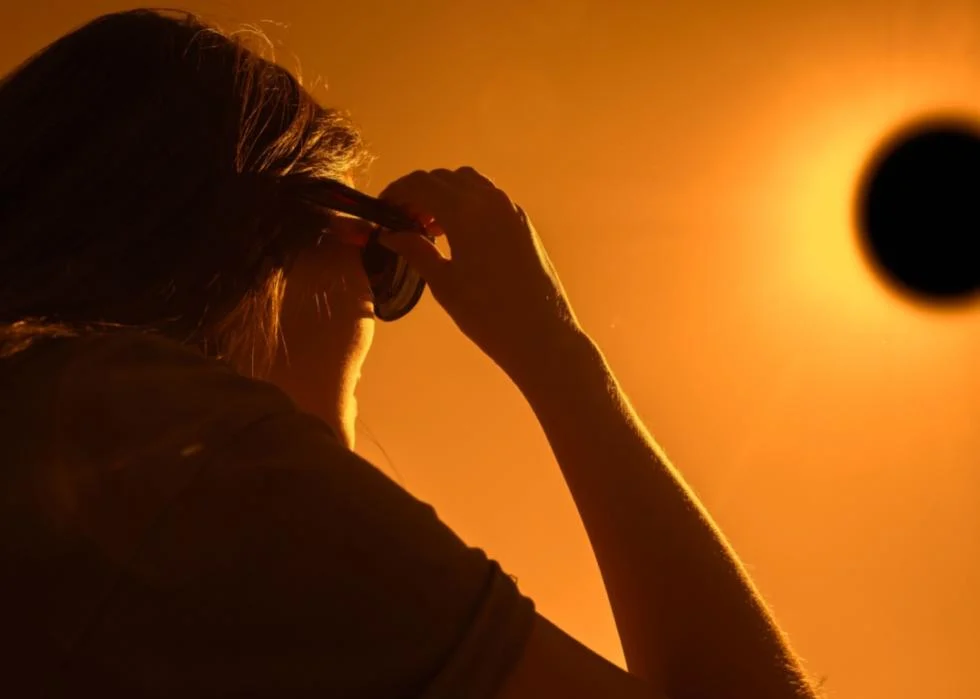The thing with biopics is that the more famous and beloved the person being portrayed, the higher the standards – and more biting the criticisms – will most likely be. Judy Garland is one of the most famous and beloved women to have ever graced the silver screen, and because of this, there have been a ton of biographies and documentaries produced about her life. So much has been reported, rumored, and speculated about the legendary singer and actress, there are bound to be inconsistencies and agendas from those who genuinely cared about her, and those just interested in exploiting her. Given the sheer amount of material, it comes to the point that you just hope whoever is portraying Judy in a biopic actually likes her.
Rupert Goold’s “Judy,” based loosely on Peter Quilter’s successful 2005 stage production, “The End of the Rainbow,” is bit like the female equivalent of the Elton John biopic, “Rocketman,” that hit screens this past summer. There are a lot of inaccuracies, a lot of intentional fantasy, some missed opportunities, and some great music. The film is set in 1969, the last year of Judy’s (Renee Zellweger) life, in which we see her putting on a hell of a show – but without a legitimate home to return to. Her kids love her, but she’s regularly fighting with their father, ex-husband Sid Luft (Rufus Sewell), on custody arrangements. She can’t afford to turn down gigs, and she’s as dependent on prescription drugs as she was in her prime. The one gig that might turn things around for her is a five-week run of shows in London.
Finn Wittrock co-stars as Mickey Deans, the good looking younger man who ends up being Judy’s final husband. As lifelong fans of Judy Garland know, there likely won’t ever be an accurate portrayal on the musical performer’s life, which to be fair is the case with the average biopic. Zellweger, who has always been a little bit underrated in her ability to nail dramas (not to mention that she had to fight for her Oscar after breaking through with romcoms), is fine. Her impression of Judy’s speaking voice is very hit-or-miss, but she does manage to physically pull off her mannerisms. No one will ever have Judy’s exact singing vocals, but as we previously saw with “Chicago” (2002), Renee can sing when she needs to. Darci Shaw, who plays young Judy in flashbacks, is also good, though she looks much more like teenage Shirley Temple than Judy.
Naturally, there are dates that are out of order and locations that were changed for whatever artistic reason by the filmmakers of “Judy.” One thing that took me slightly out of the feature was the tone of the flashbacks, which felt almost like a different film when compared to the 1969 scenes. These were the same issues we saw with the Brian Wilson biopic, “Love & Mercy,” from 2014.
We see Judy pressured and manipulated into overworking and dieting, along with some pretty creepy screen time by a fictionalized Louis B. Mayer. He was no doubt as awful as he is portrayed, as confirmed memories from Judy and her peers, but it felt gross to watch as a viewer.
As a Judy fan myself, I think we already got the “not exactly accurate, but still worth watching for the performances” type of picture with “Me and My Shadows” (2001). This time around, I kept thinking about how nice it would be to see a film on the performer that didn’t only feel like a tragic, cautionary tale, but also had parts of its focus on how talented she was, and had some people in her life who actually meant well.
Megan Bianco













